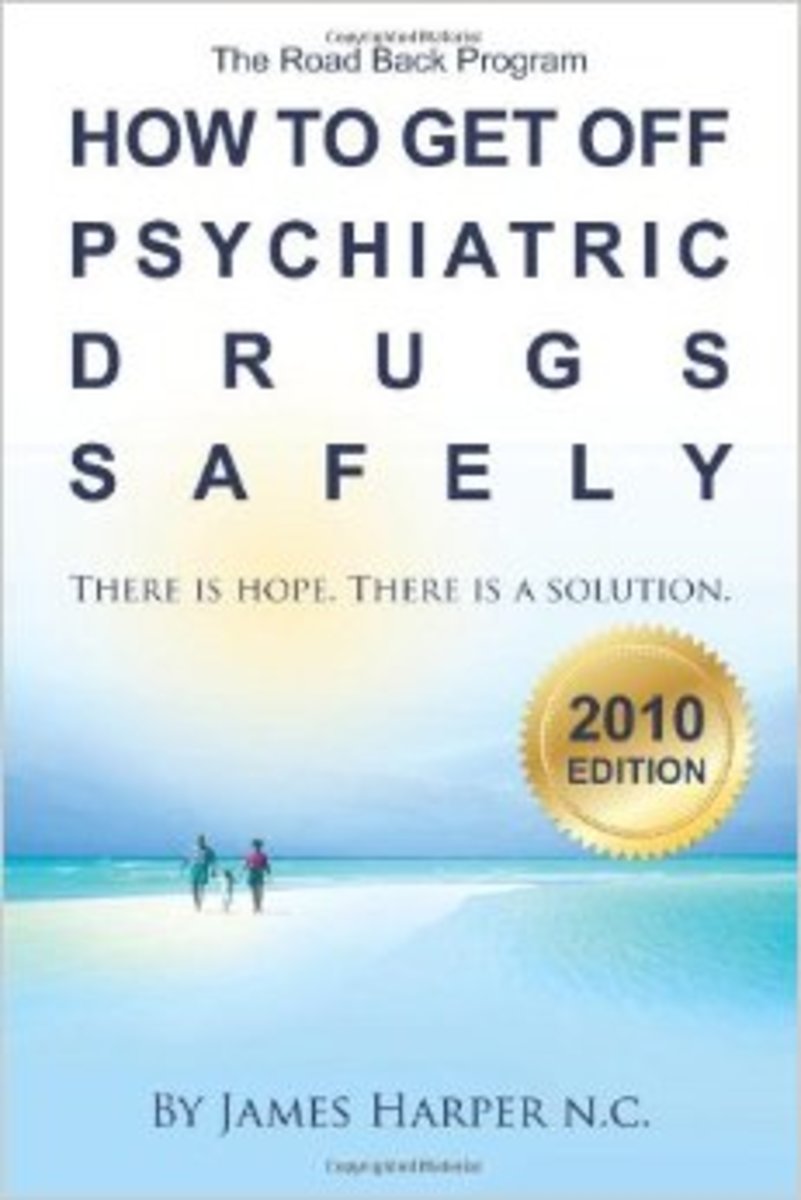Fibromyalgia Is My Thing #13 Meds to use for Fibromyalgia

Fibromyalgia - Medications
Medicines can not cure fibromyalgia. However, some medications may help improve the symptoms, most especially muscle pain and insomnia. Not all people with fibromyalgia will need, nor will they want, or benefit from medicine. Those with more severe pain, or sleep problems, or even depression, may find medication helpful.
We fibromites are individuals. Therefore our bodies are going to respond to different medications, or not. One medicine may work for you but not for someone else with the same symptoms.
It is important to acknowledge that you are a composition that is unique, therefore you need unique treatment. You are special. We are each special. We deserve special treatment. We are like snowflakes; each beautiful and each different.
It is good to discover what works for you and stick to that. It may take a while, working with your doctor, before anything helps your Fibromyalgia. Then again, the first medication you try may be your magic help. Although, you understand, nothing is really magic!
Medication must be accompanied by other things. It may be a special exercise routine or it may be therapy for depression, or whatever it is that is bothering you at the time.
How often were you told that your pain was in your head? I know I was told that most of my young adult life. It is not in your head. Fibromyalgia is very real and very painful at times. As silly as this may sound sometimes antidepressants are just what you need. (But only from a qualified physician)
Antidepressants may help by improving sleep and mood or by blocking pain signals. Many people with fibromyalgia seem to benefit from the use of these medicines.
Medication Choices
I am not a nurse, doctor or anyone technical. I know, personally, about a few of the medications I am going to tell you about. The rest I obtained with research. Please do not ever take any of the below without checking them out with your doctor and pharmacist. Don’t miss anything.
Certain types of antidepressants may be used to improve sleep, relieve pain and fatigue, and, in some cases, treat depression. These improvements in symptoms may allow you to feel better and to become more active.
Antidepressants used for fibromyalgia include:
Tricyclic antidepressants, such as amitriptyline or cyclobenzaprine (Flexeril). Cyclobenzaprine is usually thought of as a muscle relaxant, rather than an antidepressant, but it is the same type of drug as a tricyclic antidepressant.
Selective serotonin reuptake inhibitors (SSRIs), such as fluoxetine (Prozac) or paroxetine (Paxil).
Serotonin and norepinephrine reuptake inhibitors (SNRIs)- also called mixed (or dual) reuptake inhibitors-such as duloxetine (Cymbalta), milnacipran (Savella), or venlafaxine (Effexor), and Zoloft.
Atypical antidepressants, meaning drugs that don't fit well into the general categories of antidepressant medicines. Bupropion (Wellbutrin) is an example of an atypical antidepressant that is used for fibromyalgia. A seizure medicine (anticonvulsant) called pregabalin (Lyrica) is used to treat fibromyalgia. Pregabalin may help reduce pain, sleep problems, and fatigue. As well, it may not help at all. It may cause problems.
With any medications, not only ask your doctor and pharmacist, check the information about the drug online. Know, going in, what the side effects are and what the contraindications are. You are your best resource guide.
When you do your research on various medications, it is important to write down your findings so you will have something to refer back to when you are prescribed medication. I was prescribed a medication and discovered after taking just one dose that it adversely affected my heart. So know your stuff. Writing and re-reading what you wrote will help you to remember.
Other medicines being studied and used for treating fibromyalgia include:
Another seizure medicine (anticonvulsant) called gabapentin (Neurontin).Pain medicines such as tramadol (Ultram), sometimes combined with acetaminophen. A medicine called sodium oxylate (Xyrem) that is used for sleep disorders such as narcolepsy.
Just because a drug is labeled for treating fibromyalgia does not mean it will be useful for you.
Nonprescription pain relievers, such as acetaminophen (for example, Tylenol) or nonsteroidal anti-inflammatory drugs (NSAIDS, such as ibuprofen or aspirin) usually are not very helpful in treating day-to-day symptoms of fibromyalgia. However, they may be useful in reducing severe pain caused by a flare-up of symptoms.
You should check with your doctor if you need to keep taking these medications, because they can harm your stomach, kidneys, or in rare cases, your liver. Your doctor may want to monitor you if you take acetaminophen or NSAID’s daily. If you are shy about talking to your doctor your pharmacist is a great resource.
It was recommended to me by a chiropractor years ago to take Mucinex (guaifenesin ) once a day. For me, it has been a God-send. It really helps me. It won’t help everyone, but it may help some.
Always give your doctor a complete list of what you take, even if it is not prescription. Some over the counter medications can negatively interact with your prescriptions, and you may not even know.
Okay, this has been a lot of information. Let’s keep it simple.
Relying on medicines all the time is not going to improve your situation. You are the project to improve, therefore consider the entire body. Nutrition is important as well as exercise and a social life.
With that I leave you miles and miles of smiles! :) ;) :) :) ;) :) :) ;) :) :) ;) :) :) ;) :) :) ;) :) :) ;) :) ...








